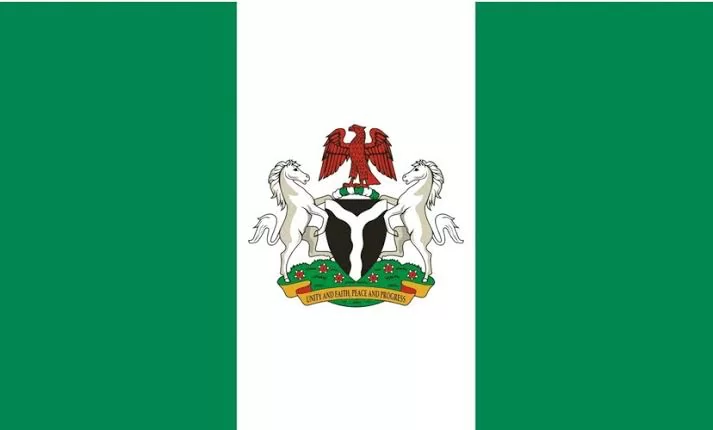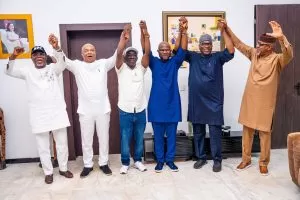Nigeria’s 64th Independence Day Reflections: Here is What You Need to Know

Reflecting on Nigeria’s 64th Independence Day, the nation finds itself at a juncture of introspection, critique, and cautious optimism:
- Public Sentiment: There’s a mix of celebration and critique across social platforms like X. While some posts express pride in Nigeria’s journey and resilience, there’s a palpable sense of disappointment over unmet expectations. Key issues highlighted include ongoing security challenges like Boko Haram insurgency and banditry, economic hardships, and a perceived lack of direction or effective governance. This sentiment underscores a common theme of Nigeria’s potential not fully realized, with many questioning what exactly there is to celebrate amidst these challenges.
- Political Reflections: Political leaders and parties have used this occasion to reflect on national unity and governance. For instance, President Tinubu’s address highlighted improvements in security, economic reforms, and youth empowerment initiatives, suggesting a light at the end of the tunnel despite current hardships. However, opposition voices, like the PDP, have used the day to critique the ruling APC’s governance, urging Nigerians to remain vigilant against what they describe as emerging totalitarianism.
- Leadership Aspirations and Criticisms: Leaders like Peter Obi have commented on the need for Nigeria to compare its progress with peers who gained independence around the same time, implicitly critiquing the current state of development. This reflects a broader sentiment where independence celebrations are seen as a time for not just celebration but critical reflection on leadership and governance.
- Economic and Social Concerns: Discussions around independence day also delve into economic freedoms, governance that often disregards citizen rights, and the continued struggle for true independence from internal tyranny. Social media posts capture a sentiment of disillusionment with governance that has not translated independence into tangible benefits for the average Nigerian.
- Calls for Unity and Action: There’s a recurring theme of urging unity among Nigerians, regardless of political affiliations or regional differences, to collectively address national challenges. This includes calls for protests within legal bounds, emphasizing that democracy and national progress require active participation from all citizens.
- Cultural and National Pride: Despite the criticisms, there’s an underlying pride in Nigeria’s cultural diversity and resilience. Independence Day serves as a reminder of the sacrifices made for freedom and a call to honor those efforts by striving for a better Nigeria.
In summary, Nigeria’s 64th Independence Day reflections reveal a nation deeply engaged in self-assessment. While there’s celebration of the cultural heritage and historical milestones, there’s also a strong undercurrent of critique towards governance, security, and economic policies. This day has not only been a moment of national pride but also a platform for political discourse, public sentiment, and a call to action for a more prosperous, united, and genuinely independent Nigeria.






